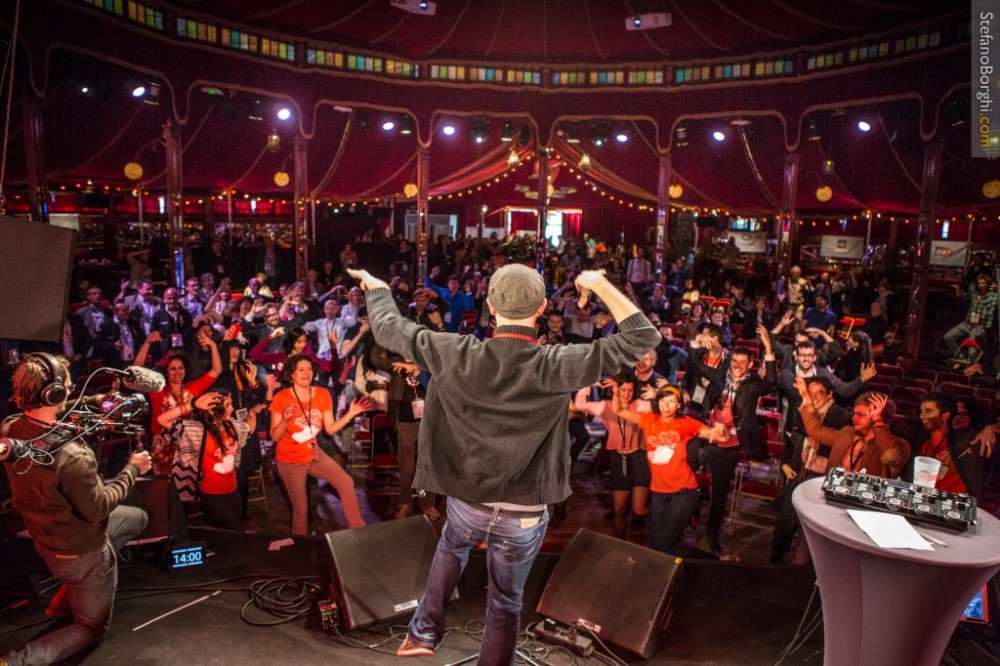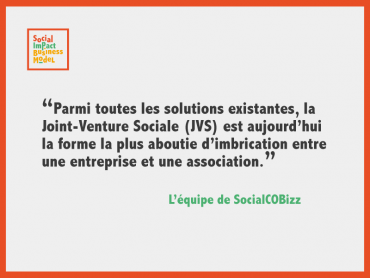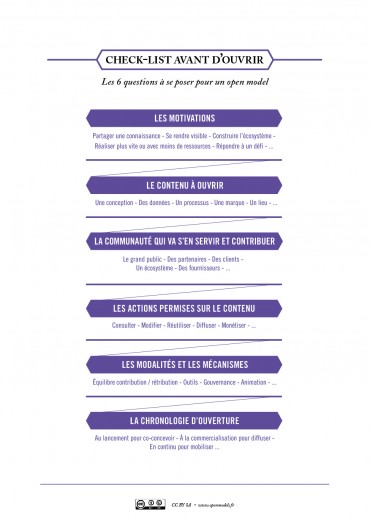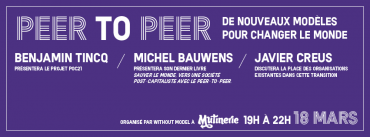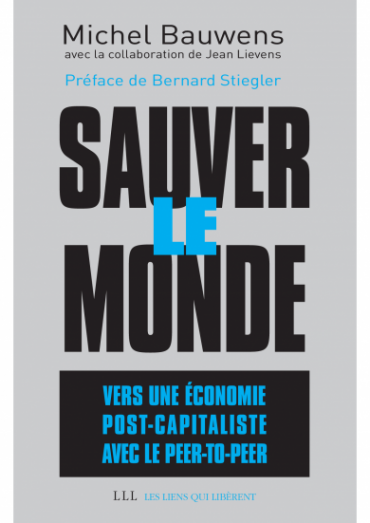We had the pleasure to introduce the Business Track during OuiShareFest two weeks ago. Here is a brief synthesis of what we said about the past and the future of the collaborative cowboy movie.
VIDEO
From enthousiasm to questionning
A lot occured over the last three years. When we met in 2012 and prepared the first OuiShare Fest, we were enthousiastics, the collaborative platforms were gaining traction and attention, collaborative projects like Wikispeed became more visible and some corporations (a few of them) were investigating the topic trying to understand how they could surf what was labelled as a new consumer trend.
The title of the track during Ouishare Fest 13 embodies how the discussion was framed : Collaborative economy and legacies : friends of foes ? At that time, the majority of the corporations balanced between skepticism and denial. Some of them were intrigued and wanted to understand these new consumption dynamics and how these newcomers were working, hence the question of collaboration.
Thinkers and analysts produced work that layed the ground for future developments (Rachel Botsman, Lisa Gansky, Jeremiah Owyang, Michel Bauwens among others) and through these contributions we were witnessing that the topic slided from a consumption trend framework towards a business and organisation framework. The link with digital ecosystem was firmly established (as an example, the theme of Le Web conference 2013 was Sharing Economy).
As we were preparing the second OuiShare Fest, the ambiance was slightly different. The fast rise of collaborative consumption platforms questioned regulations and competitive equilibriums. What was an emerging consumer trend became suddenly a major competitive threat and a debate started about regulation, competition, work, … The valuation of Uber (40B$), AirBnB (15B$) and Blabacar (1B$) qualified those emerging players as new leaders in their industries. So the discussion during OuiShareFest14 was framed differently : Sharing controversies.
Corporations reacted partnering with collaborative actors (investing in these venture or cobranding offers) and lauching collaborative services and platforms (mainly in retail and mobility). Some of them started also to consider sharing economy (both the platforms and their users) as clients for new services (eg : short term insurance). Beyond legacies, a new type of corporations was more and more present : digital giants like Amazon and Google. (Google Ventures invested 300 M$ in Uber).
It was the year when we worked on two contributions Open Models and Pentagrowth.
Where do we stand now ?
The reality and perception of the collaborative economy has radically expanded in these last three years. This last Monday we held the first Ouishare Forum where the business partners of Ouishare and its members had a chance to exchange visions, learnings and methodologies. Business challenges aren’t easy to solve but above all a consensus was generated: new solutions will come from a collaborative perspective.
Businesses are changing, startups are invading established industries, citizen producers are asking for their right to produce and take part in this new economy, rulers are starting to rule. Collaborative economy is becoming common sense.
It affects all industries and sectors, all human activities, it complements the shortages of markets and public redistributive systems.
The business transformation track: three main issues and an industry as example.
We organized the track around three questions and digged into the industry where both collaboration and competition are at a peak : mobility.
1st. How does this transformation affect ownership and governance?
Incumbent organizations, corporations, cooperatives, and new startups in the collaborative space confront new participatory demands by citizen producers and users.
Robin Chase shared with us her vision of a new « Peer Bill of Rights », Eric Duran is developing Faircop as an opportunity for citizens to create a new economy from scratch. A session is dedicated to cooperatives and how they are facing openess and sharing.
2nd. What is a sustainable business now?
Platforms are eating the world. Competition in not among businesses but among ecosystems. When optimal scale for many activities is one, advantages of scope are more relevant than ever. Incumbent organizations need to experiment and learn, fail and enjoy success, the question is how?
Jeremiah Owyang explained and illustrated the business transformation occurring in corporations, through his work at Crowd Companies. A session is dedicated to intraentrepreneurship, Michel de Kemeter will propose alliances as a way to get started, KissKissBankBank will share its perspective from the startup side.
3rd. Time for new ambitions and processes.
Citizens want it all and want it now. They demand organizations, old or new, to aim for good, to be contributive and transparent, they want to be proud of them, not only their clients. Is a new standard of management being born?
Jeremy Heimans will introduce us into the purpose economy, and Alessandra Orofino on how this new ambitions can be attained. We will learn how the circular economy is attracting more and more business towards a holistic vision of their impact. We’ll talk about self managed organizations and Frederic Laloux will share new management practices.
Three big French firms will share with us how are they facing changes: La Poste, Castorama and Maif.
4th. Let’s talk mobility as an example
This is an excellent time if you want to go from one place to the other, your choice has expanded radically. Connectivity, geolocation, real time ubiquitous communications have allowed a whole new range of possibilities, and everyone wants to take advantage of them.
We’ve choosen mobility as an example of how industries could be disrupted by collaborative organizations and how the most traditional players, such as railways look at that as an opportunity to expand their offering and enter the door-to-door transportation space.
Yves Tyrode will explain SNCF strategy, Uber’s presentation with Dimitry Gore-Coty, Frederic Mazzela sharing the incredible expansion of BlaBlaCar, or Paulin Dementhon experience on Drivy. And the last session where we will explore how legacy business are facing these new mobility alternatives.
3 transitions
Now that we are about have that conversation, we feel corporations and platforms are undergoing three transitions : model, boundaries and impact.
Regarding the model, corporations face a difficult challenge : how to simultaneously investigate new models and leverage the existing ones. Those two actitivities require very different set of skills and are governed by different rules. Exploring new models requires an experimentation skill, a capability that corporations are a few to master. In this investigation of new models, it’s time for them to leverage existing assets (not only copy the new models of startups). For the platforms : as they grow bigger, it’s time to define a new level of transparency and new rules for value sharing with their users.
More and more, the limits of both the corporations and the platforms are blurring. Their operations and value are more and more influenced or realized by external stakeholoders that have a tiny tight with the organisation. The practices of dealing with communities will probably become a key skill and the question of the value sharing with these communities will become even more important.
For corporations, impact replaced performance. Impact is systemic, it blends access, efficiency, work, regulation, environment. Corporations are more and more judged on their ability to have a contributive impact on the society, beyond jobs and profits.
Photo by Stefano Borghi

